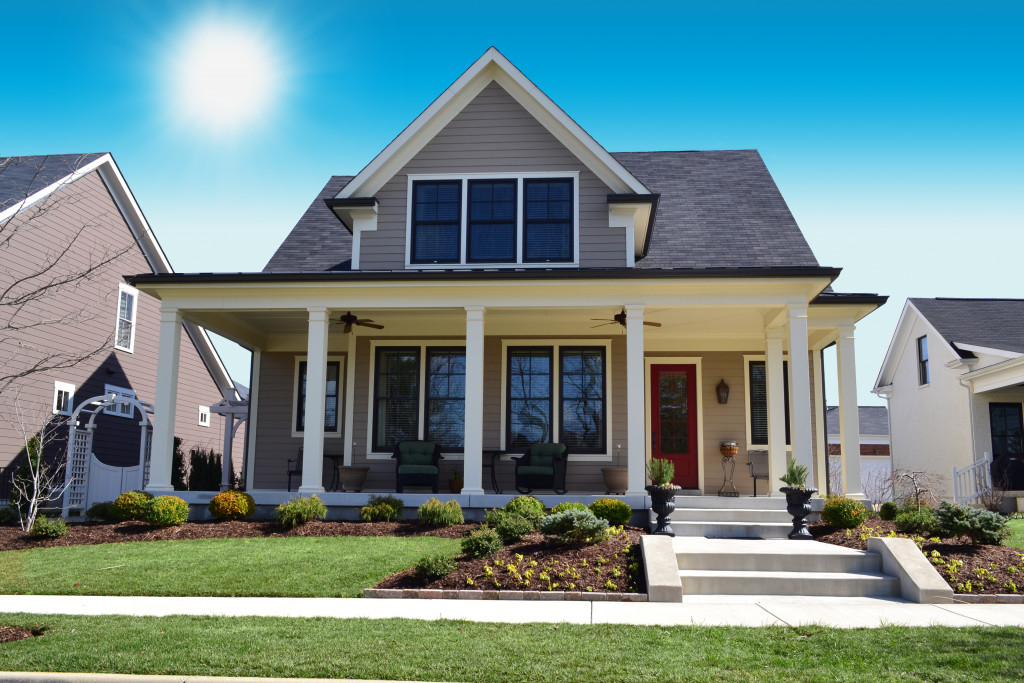Upgrading your home to become smarter can actually save you money in the long run. So many smart home devices are coming out in the market, all of which offer numerous capabilities that promise to improve your life. It is very tempting to jump the bandwagon and replace your old refrigerator with a newer model that connects to the internet and has a little screen where you can place an order to Amazon.
However, the cost of buying new electronic devices for the purpose of convenience seems high. Appliances are rarely cheap and newly-released gadgets, especially if they have smart capabilities, sound expensive. Is turning your house into a smart home worth it?
There are benefits to switching to smart home devices, one of which is lower utility bills. Because smart devices are plugged into an electric switch and are connected to the internet all the time, it seems like it will drive your energy consumption up. However, the opposite might be true. You might get more savings. Here’s how.
A Smarter Garage
There are plenty of strategies that you can adopt to make your home garage smarter. You can, for example, replace your garage door with an option that has built-in insulation to make sure that the space is warm enough for your car, and you, when it is cold outside or cool enough when the weather is hot. Some residential garage door installation and repair services offer foam-injected garage doors that will regulate the temperature within the space.
But, if you are already using an electronic garage door opener, why not make the switch to the modern models. According to estimates, newer garage door openers use 75% less power in standby modes compared to older ones.
Moreover, you can monitor and control it with your app. It is perfect for those who tend to remember too late that they did not shut the garage door when they left the house. With a tap of an app, they can immediately close it.

Just Enough Brightness
LED light bulbs are energy efficient, but they do not allow customization. On the other hand, smart light bulbs have the capacity to go dim when the mood calls for it or even change colors if you want to.
Moreover, smart light bulbs promise to lower your energy consumption. Being able to switch off the lights when you are already in bed or away from home is the most obvious advantage of having smart light bulbs. You can do it from your smartphone through an app or verbally instruct your voice assistant to turn it off at a certain time.
The upfront cost is higher but, over time, it will provide savings. Smart LED lights consume far lower energy than incandescent bulbs, and they have a longer lifespan. It might not be immediately obvious, but the more time you spend with smart light bulbs, the more you will realize that the investment is worth every dollar.
No More Phantom Energy Wasted
You do not have to buy a new television set or a coffee maker to make your home “smarter.” You just need to buy smart plugs for all the “dumb” but still functioning appliances at home.
Perhaps, the best investment that you can make is to buy smart plugs. In addition to being able to control the devices around your home through a voice assistant or a smartphone app, it reduces phantom energy.
Phantom energy (sometimes called vampire energy) is the electricity consumed by devices while plugged in but not in use. It is the reason why your television set has a red light whenever it is turned off. It is on standby, but it is still consuming electricity.
In addition, all your other devices, including the cords of your smartphone charger, wastes electricity when it is on standby. As long as it is plugged in, it will continue to pull electricity.
While, ideally, people should be plugging off their devices when not in use, it can be a chore. You will have to plug it in again in the morning anyway. The solution is to use smart plugs which will keep all your appliances and electronics from collecting phantom energy from the socket. Over time, it will all add up and you will be saving money from slightly lower utility bills.
Switching to smart home devices is not a requirement. Homeowners should still assess whether the upgrade makes sense for their present financial and personal situation. However, there are very clear advantages to turning your home smarter. Aside from the convenience and the ease, it can bring you energy efficiency and savings.

